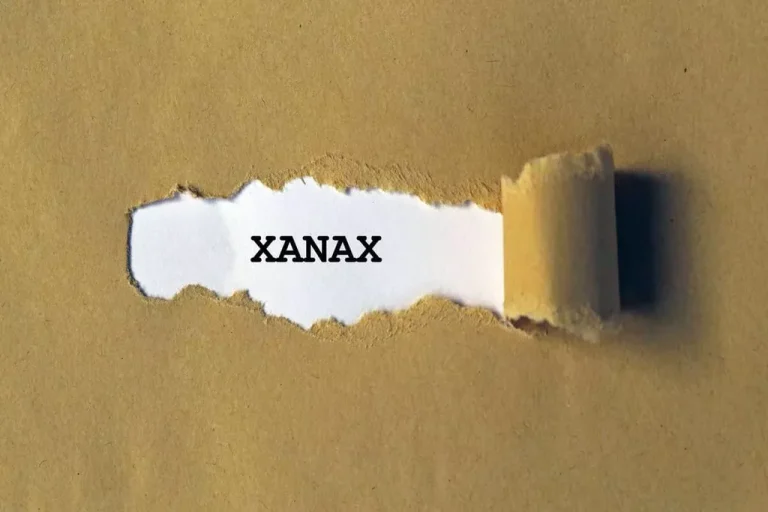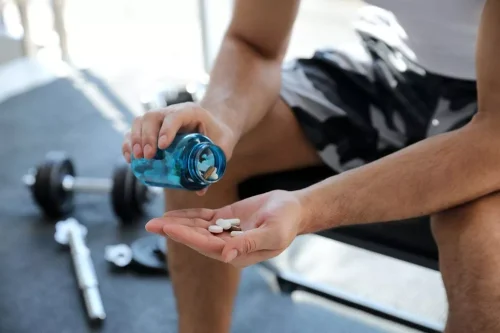
An overdose of ketamine can cause unconsciousness or slowed breathing, which is very dangerous. People who use it illegally often snort, smoke, or inject it, or mix it into drinks. A single IV ketamine infusion can cost $400 or more, according to Eriksson. The cost of 1 month of Spravato treatment may run as high as $6,800, if you receive treatment twice a week. That said, insurance programs may offer some support with covering the cost of Spravato.
What are the effects of ketamine?
Always consult your healthcare provider to ensure the information displayed on this page applies to your personal circumstances. Ketamine may impair your thinking or reactions for several hours. Avoid driving or operating machinery for at least 24 hours after you receive ketamine. You should not be treated with ketamine if you are allergic to it or if you have untreated or uncontrolled hypertension (high blood pressure).

What are the uses of ketamine?

More research is needed to compare ketamine and esketamine directly. However, some research has suggested that the IV-infused drug provides a faster response than the nasal spray. Ketamine https://ecosoberhouse.com/ and esketamine, on the other hand, are thought to create more connections (synapses) between brain cells, a process thought to ease depression and decrease suicidal thoughts.

What to Know About Ketamine

In clinical trials ketamine therapy is mainly given as intravenous infusion, but may be given as intranasal spray, slow release tablets, sublingual tablets, or other forms. It may be an option for people who either haven’t been helped by antidepressant pills or who have major depressive disorder and are suicidal. They continue to take their antidepressant pill and receive esketamine at a certified doctor’s office or in a clinic, where a health care provider watches over them for at least 2 hours after the dose. When used for depression or chronic pain, ketamine is often applied intravenously in specialized clinics. A round of ketamine infusions typically comprises several sessions spread over a few weeks and may cost several thousand dollars. Patients typically pay out-of-pocket; some patients may struggle to afford or even access the drug.
As a drug of abuse
- After a few minutes, your heart rate speeds up and your blood pressure begins to go down.
- The Society of Critical Care Medicine guidelines recognize ketamine as an effective medication for rapid sequence intubation.
- (The exception would be when a patient is imminently suicidal, in which case the treatment would often be started while the patient is hospitalized.) What counts as “trying” an oral antidepressant?
- This drug can also be administered through nasal spray or taken orally.
- This, combined with the fact that he was near a swimming pool, means that the ketamine caused him to lose consciousness while in the water, and then he drowned.
They’ve studied and administered it in controlled, clinical settings to help with treatment-resistant depression and other conditions. No person with alcohol abuse disorder or alcohol intoxication should take ketamine, even in doctor-prescribed doses, as it can cause death. Both alcohol and ketamine are central nervous system depressants, so the combined effects are dangerous. People who use it claim that a ketamine trip is superior to a PCP or LSD trip because it produces shorter-term hallucinations that last 30 minutes to an hour instead of several hours.
The 2017 clinical trial tested the drug on 18 participants and concluded that it might effectively treat SAD. Despite these positive results, the authors warn that data on the use of ketamine for this condition are limited, so ketamine addiction practitioners should consider the risks of the drug before prescribing it. People who use ketamine regularly can develop a tolerance to it, which could lead to them taking even more to get the effects they’re looking for.
- It is referred to as a “dissociative anesthetic hallucinogen” because it makes people feel detached from their pain and surroundings.
- Like the drug itself, Stewart got his start in combat medicine during the Vietnam War.
- Side effects of esketamine can include dissociation, dizziness, anxiety, nausea, numbness, sedation, a spinning sensation or vertigo, lethargy, and hallucinations.
- The drug is delivered by nasal spray and is designed to be administered alongside a traditional antidepressant.
- Ketamine may also be effective for people with PTSD and or obsessive-compulsive disorder.
- Ketamine is not FDA-approved for depression; it is used off-label for this condition.
Another major advantage lies in the fact that ketamine works very quickly, Eriksson says. With traditional antidepressants, it may take weeks before you notice improvement in your symptoms. These approaches don’t always relieve severe depression symptoms, including thoughts of suicide — and that’s where ketamine could make a difference. What I want my patients to know about ketamine-assisted psychotherapy, interactions with other medications, and the proper dose.
